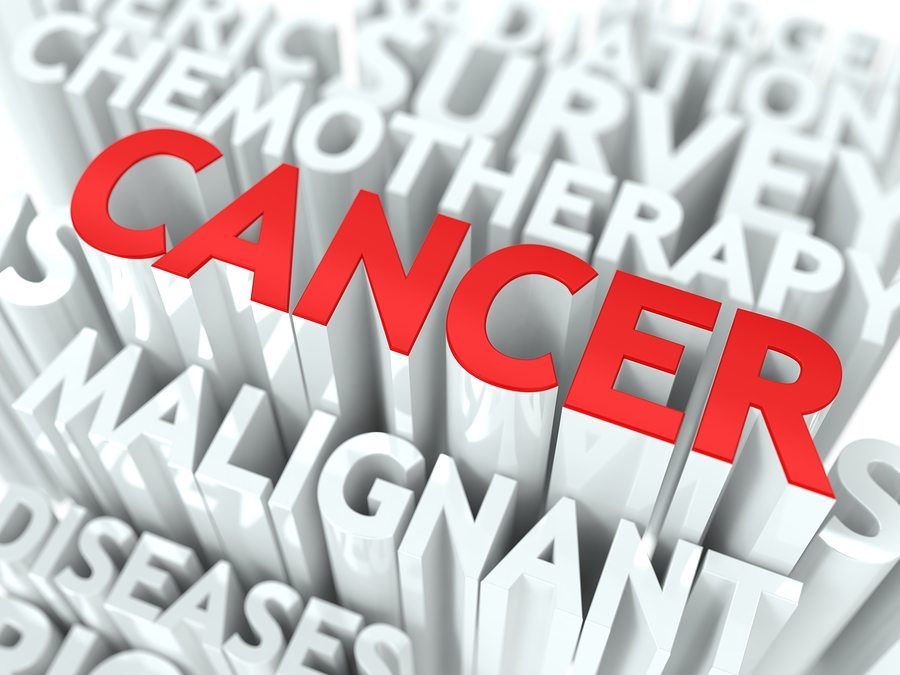


Skin cancer is the most common cancer type in the U.S. This accounts for 20 percent of the population. This risk increases with age, with between 40 and 50 people who live over the age of 64 experiencing at least one case of squamous cell carcinoma or basal cell carcinoma at some point in their lives. As a family caregiver, these statistics should encourage you to learn as much as you can about skin cancer and what you can do to protect your parent from developing it, or to ensure that you give them the level of care that they need should it occur.
May is Melanoma/Skin Cancer Detection and Prevention Month. This is the ideal time for you to learn more about skin cancer and how you can integrate this awareness into your care routine for your parent to help protect them. This starts with recognizing the risk factors that your elderly loved one faces so that you can make choices that will help to reduce their risk as they age in place, or be better prepared for the possibility of this cancer as they age in place.
Some of the risk factors for skin cancer include:
• Sun exposure. Approximately 90 percent of skin cancer cases are directly caused by exposure to ultraviolet rays from sunlight.
• Sunburn. Those who have suffered from sunburn are far more likely to develop skin cancer than those who have not experienced this condition. In fact, those who have experienced more than five sunburns are at approximately twice the risk of developing melanoma than those who have not.
• History of organ transplant. A person who has undergone organ transplant is at around 100 times the risk for developing squamous cell carcinoma than those who have not undergone a transplant.
• Fair complexion. Skin cancer can and does occur in people of all skin colors. Those who have less melanin in their skin, however, have less protection from the UV rays. Those with light skin, red or blond hair, freckles, or light eyes are much more likely than those who have darker pigmentation to develop skin cancer.
• Moles. If your aging parent has moles, they are at greater risk of developing skin cancer. It is very important to pay attention to these moles, their size, shape, and color, so that you can detect any changes that might indicate the presence of skin cancer.
If you are concerned about your aging parent’s risk for developing melanoma or skin cancer, the exceptional benefits of starting elder care for them might be the ideal way for you to feel more confident about their health now and into the future. A senior home care services provider can be with your aging parent on a customized schedule to provide a highly personalized set of services tailored to helping your loved one manage their needs, challenges, and limitations while also pursuing a lifestyle that is as independent, active, and fulfilling as possible.
When it comes to helping your parent protect themselves from skin cancer, this elderly care provider can be a valuable source of support and encouragement to help them to make the choices that will protect their skin and keep them healthier. This can include reminding them to use proper sun protection, encouraging them to check their skin and bring up any changes that might be troublesome, and alerting you to any changes so that you can bring them to the doctor to get them the medical attention that they need.
By encouraging your parent to get out of the house more often and enjoy a more active lifestyle, this care provider can help them to support better mental, emotional, and physical health and well-being as they age in place. As a caregiver, knowing that your parent understands the risk factors that they have for skin cancer and what they can do to reduce those risks and protect them in the long term can give you confidence that they will get the benefits of this active lifestyle while staying healthier.
Call Assisting Hands Home Care at (561) 566-5989 if You or An Aging Loved One Are Considering Hiring Professional Home Care. West Palm Beach families trust Assisting Hands for high-quality and affordable home care services.
Source:
http://www.mayoclinic.org/diseases-conditions/skin-cancer/basics/definition/con-20031606
https://www.cdc.gov/cancer/dcpc/resources/features/skincancer/
http://www.skincancer.org/media-and-press/Press-Release-2011/skin-cancer-awareness-month-reminder
https://healthfinder.gov/NHO/MayToolkit2.aspx
Latest posts by mramirez (see all)
- How to Stay Active As a Family Caregiver - June 1, 2020
- Supplying Joy For Those with Dementia in Florida - May 20, 2020
- Potential Complications of Hepatitis - May 18, 2020
